From Congress to Instagram, We Must Always Call Out Jew-Hatred
Over the past few months, pro-Palestinian protests across the country in places such as New York City and Los Angeles featured shameless demonstrators burning Israeli flags and spewing the harshest rhetoric imaginable. The protesters were often chanting, "From the river to the sea, Palestine will be free," and "We don't want two states, we want '48," both of which allude to the destruction of the Jewish state. In previous years, we would hear slogans suggestive of peace or a two-state solution, referring to living side by side; now, when it comes to the land, the pro-Palestinian side is not looking to share.Deborah Lipstadt: 'People, orgs. don't take antisemitism seriously'
Well, the truth is, they never were. If they were, they'd develop prosperous communities in Gaza and the West Bank—in the lands they've been given—instead of using these territories to launch missiles and plot suicide bombings. So now, after yet another episode of terrorizing Israel with weeks of Hamas- and ISIS-supported attacks on Israeli civilians, pro-Palestinian demonstrators here in the U.S. have a clear message: They are not looking to live side by side. They're asking for all of it—and the elimination of Jews as a bonus.
This is not a surprise for those who follow the politics of the region and how it has made its way here to the U.S. There is no such thing as simply being anti-Israel and not anti-Jewish, but the pro-Palestinian side was never audacious enough to say it. And if nothing more, these slogans heard on American street corners—openly calling for genocide of the only Jewish state on the planet—clearly and unequivocally merge the concepts of hate into one. They want Jews gone; as a country, and as a people.
It's quite telling of where we are in time. They are being clear about their message. But what are we, the supporters of the Jewish people and the Jewish state, doing in response? Put another way: How much antisemitism are we willing to tolerate, and how much further will their side's hatred go?
For a society that has become obsessed with equity and tolerance of all kinds, it is crazy to think when it comes to the world's most ancient monotheistic faith, there is now silence. And yet, antisemitism is everywhere.
Wherever you look, the sick and perverted tropes of Jew-hatred have penetrated. You hear it in formal settings such as American universities, our mainstream media and, notoriously, the hypocritical and sanctimonious United Nations, where countries with egregious human rights records are lionized while Israel is repeatedly recommended for investigations on bogus charges. You hear it from elected officials such as Reps. Ilhan Omar (D-MN) and Rashida Tlaib (D-MI), whose Jew-hatred and focus on defaming and delegitimizing Israel ring louder than any demonstration of love for the country they serve. Woke companies such as Ben and Jerry's launched a boycott against Israel, all inspired by leadership more consumed with antisemitism than with perfecting the Chunky Monkey.
Prof. Deborah Lipstadt, the new envoy to monitor and combat antisemitism, participated on Thursday in her first public event since being confirmed by the Senate last month.Bassem Eid: Abolish ‘Nakba Day’
In a speech at the US Holocaust Memorial Museum, Lipstadt said that “too many people, organizations and institutions do not take antisemitism seriously.”
“They fail to include it in their litany of legitimate prejudices,” she said. “They wonder, 'what is it that Jews are complaining about? After all, they're powerful. They have no reason to complain.' Conversely, too often, when there is an act of antisemitism, those who condemn it cannot bring themselves to focus specifically on this particular prejudice, they condemn antisemitism together with all other acts of prejudice.”
“It's as if antisemitism is not a true outrage and cannot stand alone as something of real concern,” said Lipstadt. She also said that “we must acknowledge that antisemitism does not come from one end of the political spectrum. It is ubiquitous and it is espoused by people who disagree on everything else.”
“This does not mean that all threats are of equal severity,” she continued. “Sometimes the threat from one group might be more severe than that from another. One of the striking features, however, of this ubiquitous nature of antisemitism is irrespective of where it's coming from, it relies on the same template of charges.”
She said that too often, the antisemites use Israel as a foil for their antisemitism.
“They camouflage their antisemitism in attacks on Israel: 'We're not attacking Jews, we're criticizing the sovereign state,' they assure you,” said Lipstadt.
"Let me state something which the United States government has repeatedly affirmed - criticism of Israeli policies is not antisemitism. But when there is an imbalance in the criticism, a failure to see the wrongs of others, and attributing of blame to only one party and the use of double standards, one is compelled to ask what's the basis for this imbalance.”
The difference between a Palestinian culture taught to celebrate grievance and an Israeli culture that idealizes freedom is stark. The Christian minority population, for example, has plummeted in Palestinian Authority-controlled territory. In Bethlehem, it has dropped from 84% to 22% in the last decade alone. Meanwhile, a party with Islamic foundations has a critical role in Israel’s current government, and Israel’s Supreme Court recently appointed its first Muslim justice, Khaled Kabub.
Palestinians should celebrate our rich heritage and, like our Jewish cousins, grieve our losses. But now is the time for negotiated reconciliation, not the perpetuation of generation-old victimhood. “Nakba Day” is part of the victimhood problem, not part of the forward-looking solution. Reconciliation happens only when both sides take a step back and acknowledge joint suffering. “Nakba Day” does the reverse. Whereas Israel has three times offered Palestinians peace, dignity and independence, Yasser Arafat launched — and Mahmoud Abbas has failed to contain — the violent public culture of the 2000-05 Second Intifada, for which the 1998 establishment of “Nakba Day” can be understood as a buildup.
The fetishization of Israel’s very existence as a catastrophe is a distortion that wounds our children and leads them to war and suicide bombing. Nearly 1 million Jews in Islamic lands faced their own nakba after Israel’s independence. Perhaps if more Palestinians understood this, we would better understand our Israeli neighbors.
We must teach our children about our neighbors, seek understanding and champion peace. The Palestinian leadership should reverse course on the incitement against Israel and Jews — including the spread of antisemitic stereotypes — in public education and media. Instead, Palestinian schoolchildren and citizens should learn the history, the joys and the traumas of our neighbors the Israelis, with whom we have a great deal in common. In so doing, we can lay the foundations of a new Middle East, and cities like my native Jericho in the Jordan Valley can blossom as hubs of international cooperation and commerce. This can only be achieved if we learn to understand our neighbors’ grief, not exacerbate our own.
“Nakba Day” does the opposite and should be abolished.



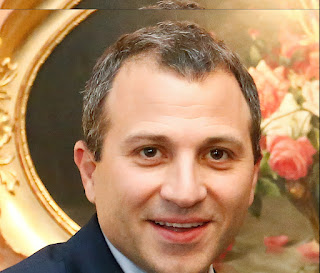









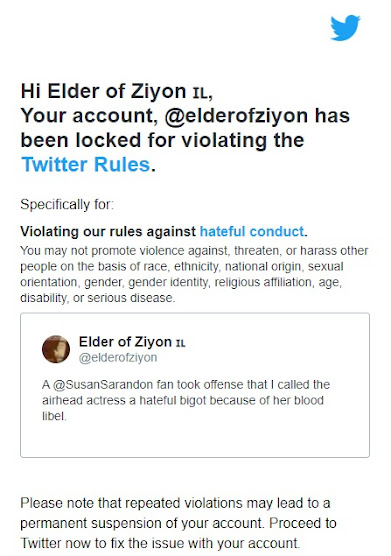

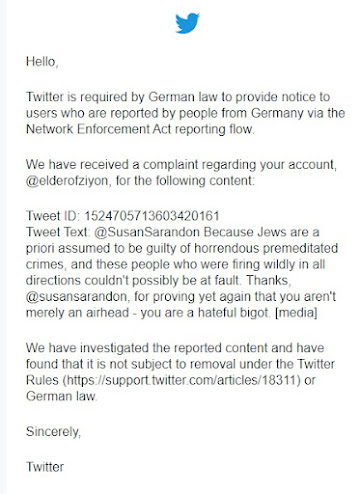



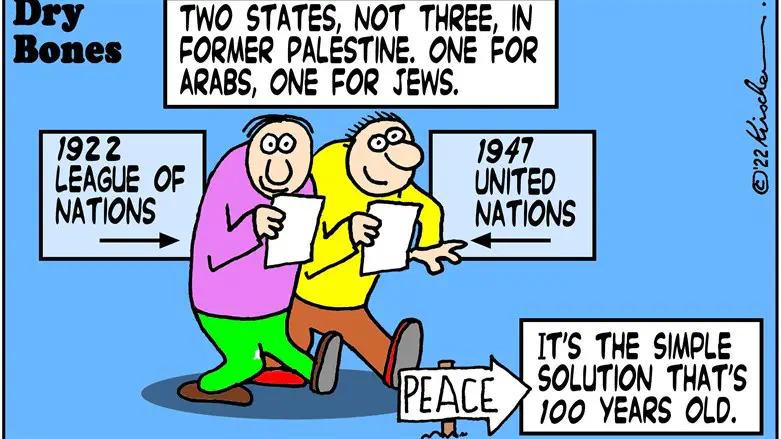



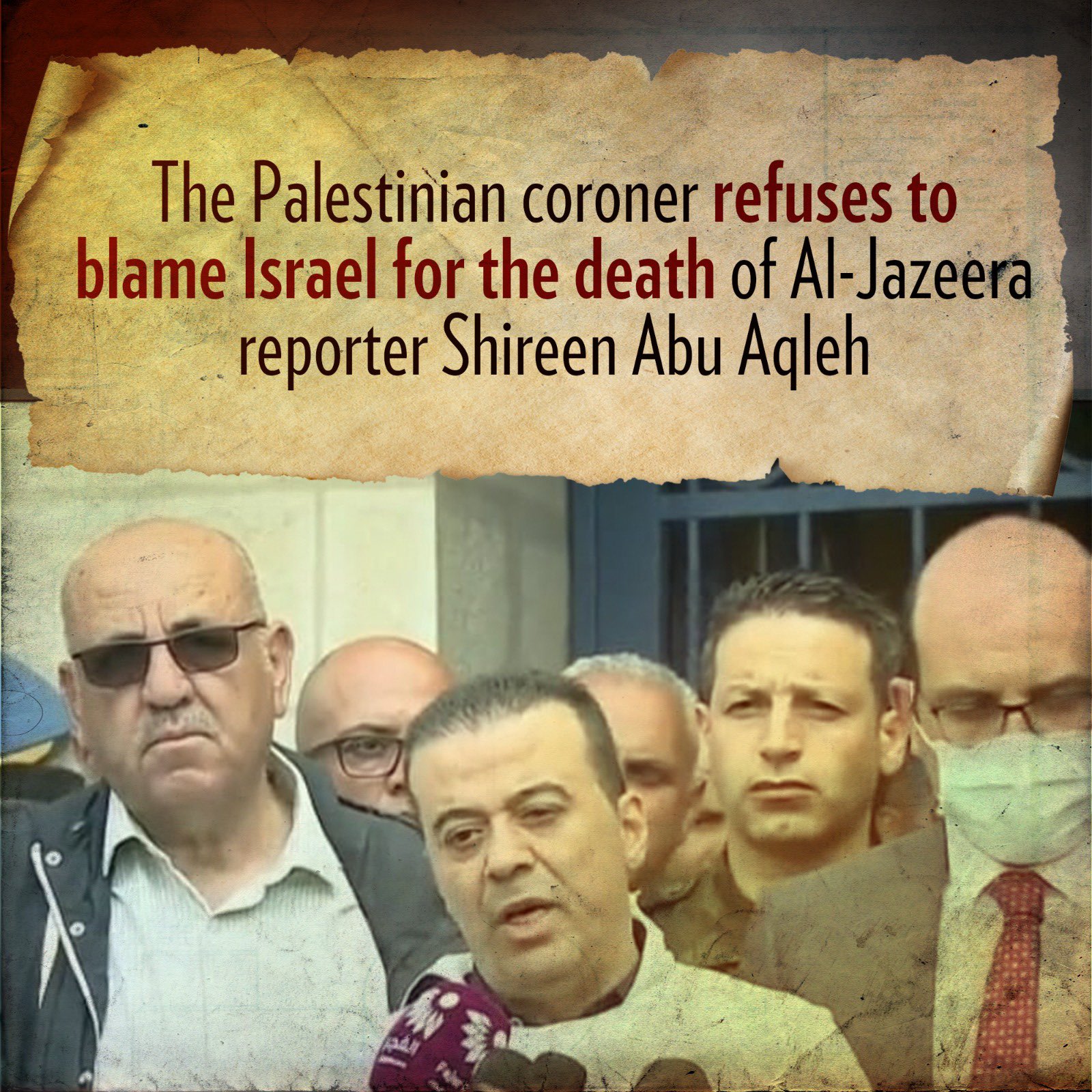
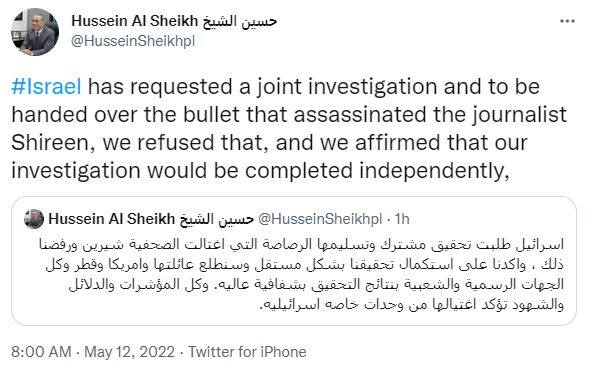
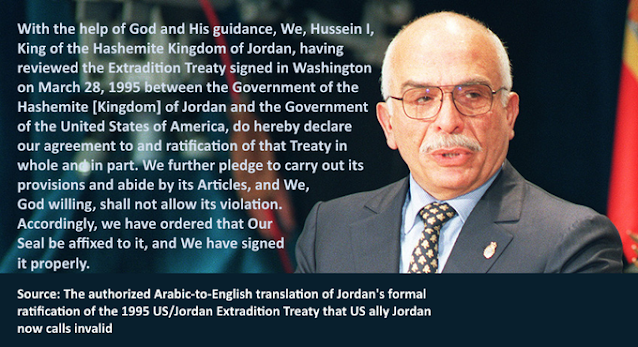






















.jpg)

